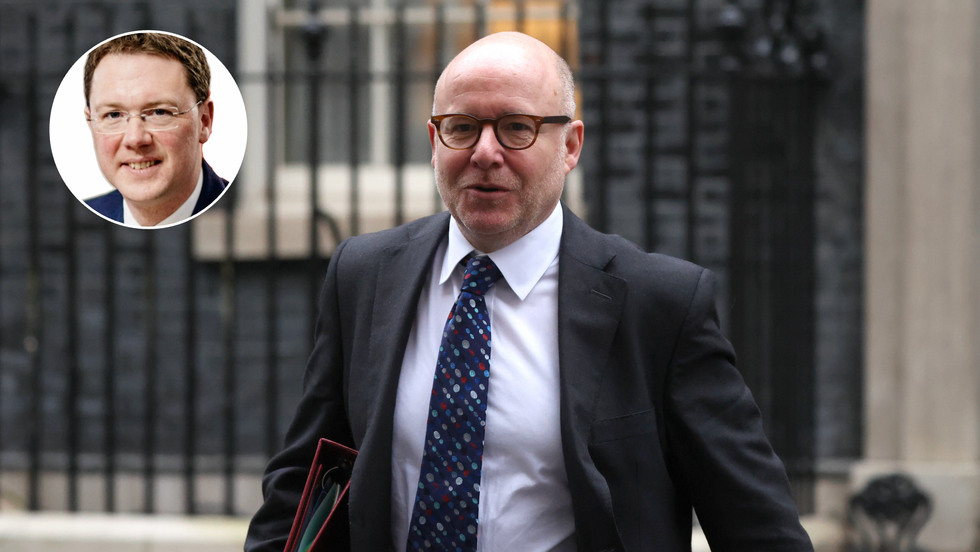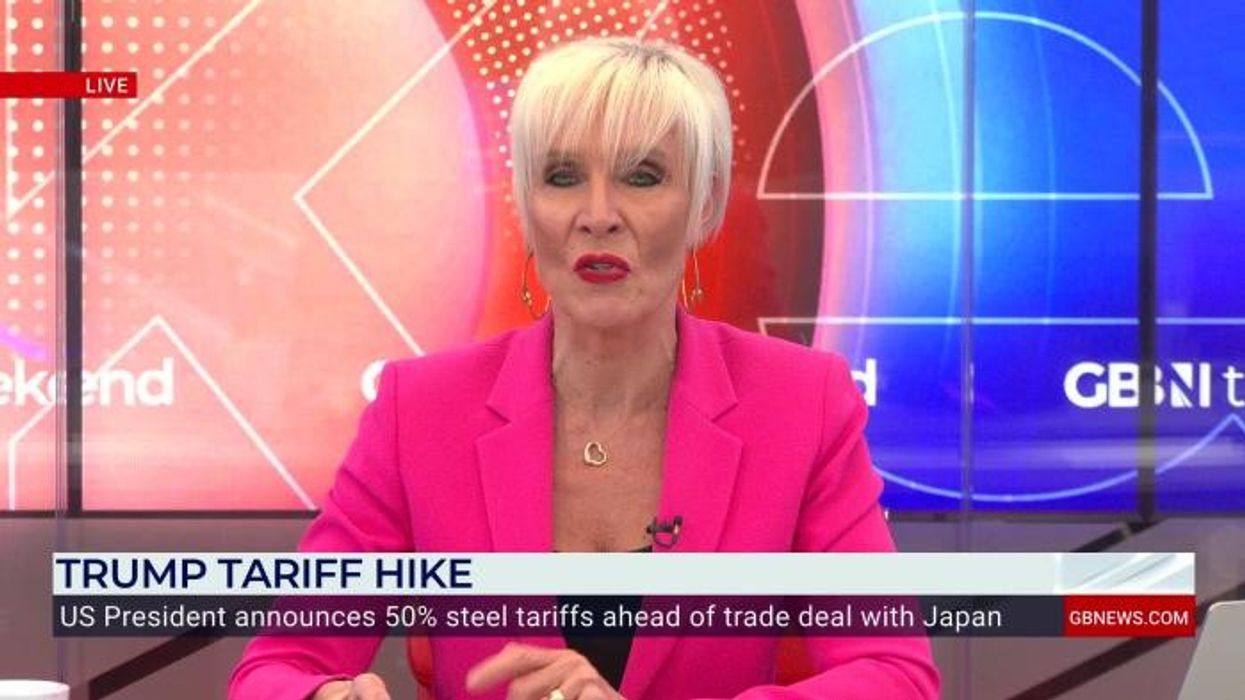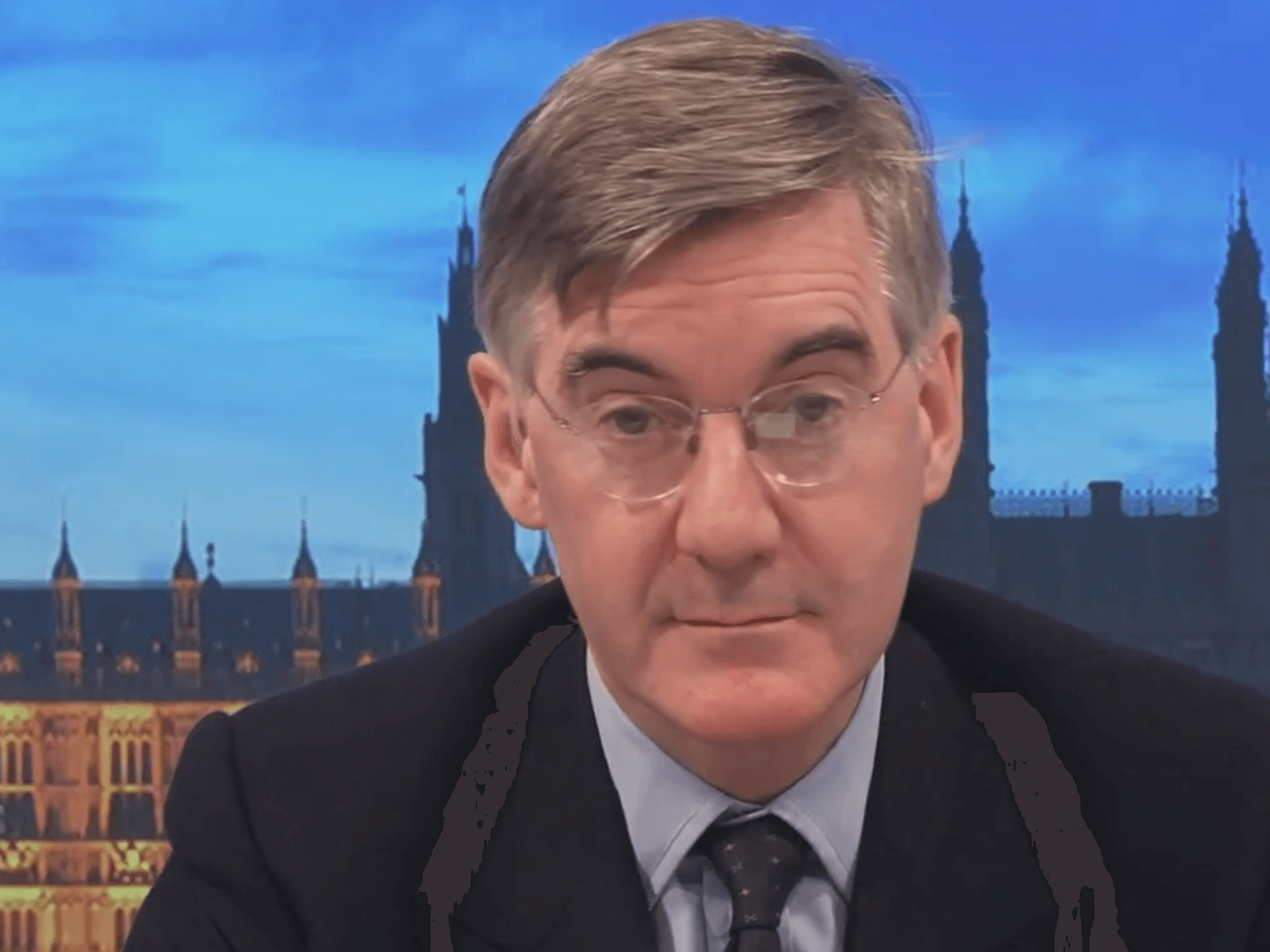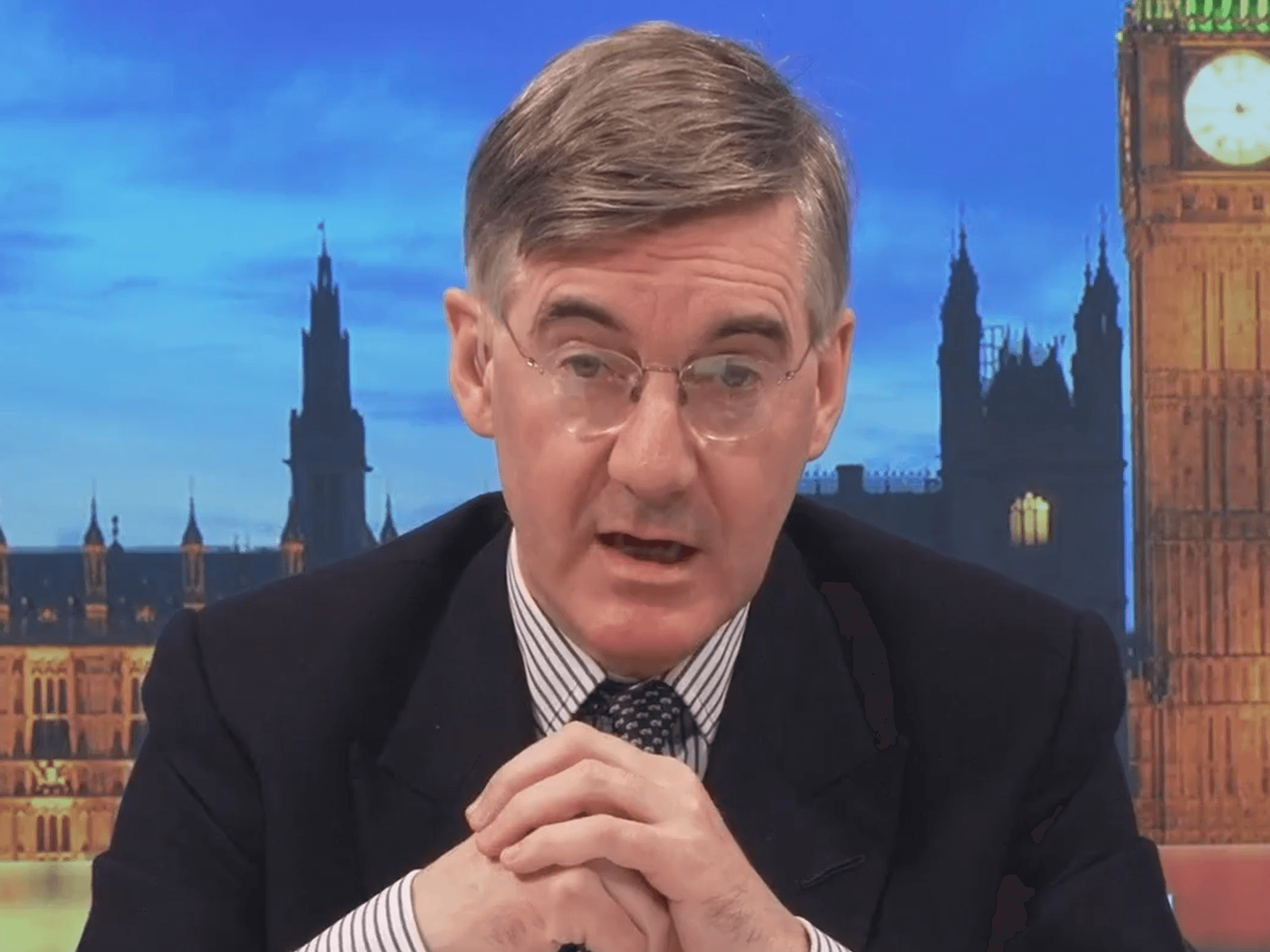Lord Hermer's 'snitch clause' is a fatal blow to democracy. Remember this moment - Robert Courts
This is not just some technocratic tweak. It’s a constitutional rewrite
Don't Miss
Most Read
Trending on GB News
What makes a good minister? It’s not just political instinct, policy ambition or administrative competence, vital though those are. Nor is it being a consummate communicator, even though you must be.
No, the “boring but important” bit is the ability to navigate legal risk: deciding when to listen to the cautious lawyers, when to push, and when to fight.
At the best of times, if you’re over-cautious, it’s difficult to get anything done, because there will always be someone sucking a quill and saying “well, that’s very risky, Minister”.
Lord Hermer – a man who cannot encounter a political trap without smashing into it - has just made all that a whole lot worse.
The whole idea of a government legal officer is to be “seen but not heard”. They’re not supposed to become the story (again); they’re supposed to give quiet advice in the background on the legal effect of policy. Not set the policy themselves.

Lord Hermer's 'snitch clause' is a fatal blow to democracy. Remember this moment - Robert Courts
|Getty Images
Don’t buy the spin. His new guidance to government lawyers has nothing to do with the “rule of law” – everyone supports that.
It’s about the rule of lawyers. What he is doing isn’t legal advice: it’s a legal veto. A quiet power grab that shifts control from ministers to civil servants and lawyers. In other words, all those people who never face the voters.
There are three things you need to know. First, Hermer’s “snitch clause” gives civil service lawyers a duty to report ministers who try to press ahead without a “tenable legal argument”, where it used to be the much less restrictive “respectable legal argument”.
This is nothing about doing things you know to be illegal – which can only be adjudicated by the courts ultimately anyway, but it will be about preventing things that are unapproved by officials.
That hands unelected lawyers an effective veto over policy and turns Whitehall into a compliance state. Elected ministers can now be blocked by internal watchdogs before a policy even leaves the room.
Second, he’s inserted 23 references to international law, and worse, strived to elevate treaties to the same status as Acts of Parliament. That bakes in the Starmer/Hermer progressive, court-driven worldview and locks Britain into a legal straitjacket most voters never chose, indefinitely.
Under Hermer’s rules, Parliament can no longer override international “rules”, however old, unworkable, or badly in need of reform they are - even if the national interest demands it.
This isn’t democratic oversight. It’s the quiet entrenchment of a different legal order.
Third, Hermer assumes every decision a minister takes will end up in court. That turns the Government into paralysis-by-caution. It means saying no before a decision is even tested. That mindset is fatal to good leadership. Because navigating legal risk is the difference between being a good minister and a bad one.
The result? Ministers now face a system that is set up to prevent them from acting. Or to prevent them from acting without the permission of the Legal Overlord.
Bold policy will be blocked, not refined. Legal advice will no longer guide decisions - it will decide them. And behind it all stands a lawyer who has rewritten the rules in his own image.
This is not just some technocratic tweak. It’s a constitutional rewrite. It flips the relationship between politics and law on its head. And it leaves the public powerless to hold anyone accountable, because no one voted for this.
Let’s be clear. Legal advice must inform decisions, not override them. Civil servants must support elected ministers, not report them. And our elected Parliament, not some international panel or Whitehall memo, must remain sovereign.
Hermer’s guidance turns lawyers into the high priests of policy. It tells ministers what they can’t do instead of helping them achieve what they can in order to deliver on their democratic mandate and the wishes of the people they represent. That is not how Britain should be governed.
If this shift is allowed to stand, ministers will no longer govern. At best, they’ll manage risk. And in reality, they won’t even do that, because if the lawyers don’t like the risk, nothing will happen at all.
This is a defining moment. We must pull power back to where it belongs: with those we elect, not those who are appointed, who think it is their right to bake in their progressive beliefs for the system to follow.
If ministers no longer make the decisions, then the question isn’t just “who governs?” It’s “who’s allowed to?” Because, guess what, I’ve got news for you, shiny new MPs and ministers: it isn't you.
More From GB News











